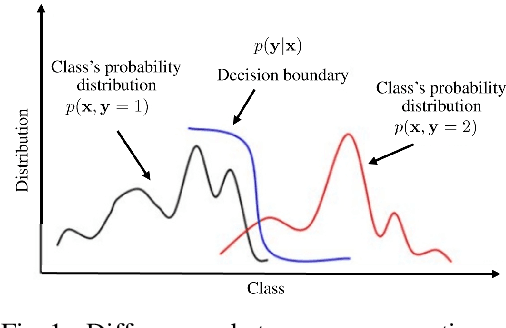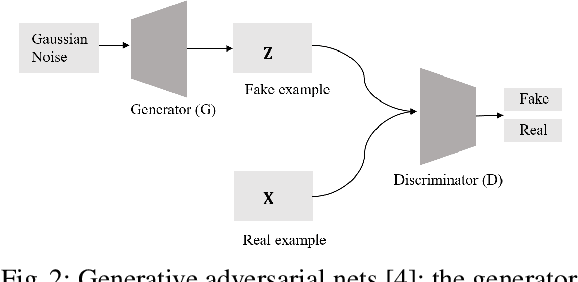Predictive Business Process Monitoring via Generative Adversarial Nets: The Case of Next Event Prediction
Paper and Code
Apr 01, 2020



Predictive process monitoring aims to predict future characteristics of an ongoing process case, such as case outcome or remaining timestamp. Recently, several predictive process monitoring methods based on deep learning such as Long Short-Term Memory or Convolutional Neural Network have been proposed to address the problem of next event prediction. However, due to insufficient training data or sub-optimal network configuration and architecture, these approaches do not generalize well the problem at hand. This paper proposes a novel adversarial training framework to address this shortcoming, based on an adaptation of Generative Adversarial Networks (GANs) to the realm of sequential temporal data. The training works by putting one neural network against the other in a two-player game (hence the adversarial nature) which leads to predictions that are indistinguishable from the ground truth. We formally show that the worst-case accuracy of the proposed approach is at least equal to the accuracy achieved in non-adversarial settings. From the experimental evaluation it emerges that the approach systematically outperforms all baselines both in terms of accuracy and earliness of the prediction, despite using a simple network architecture and a naive feature encoding. Moreover, the approach is more robust, as its accuracy is not affected by fluctuations over the case length.
 Add to Chrome
Add to Chrome Add to Firefox
Add to Firefox Add to Edge
Add to Edge